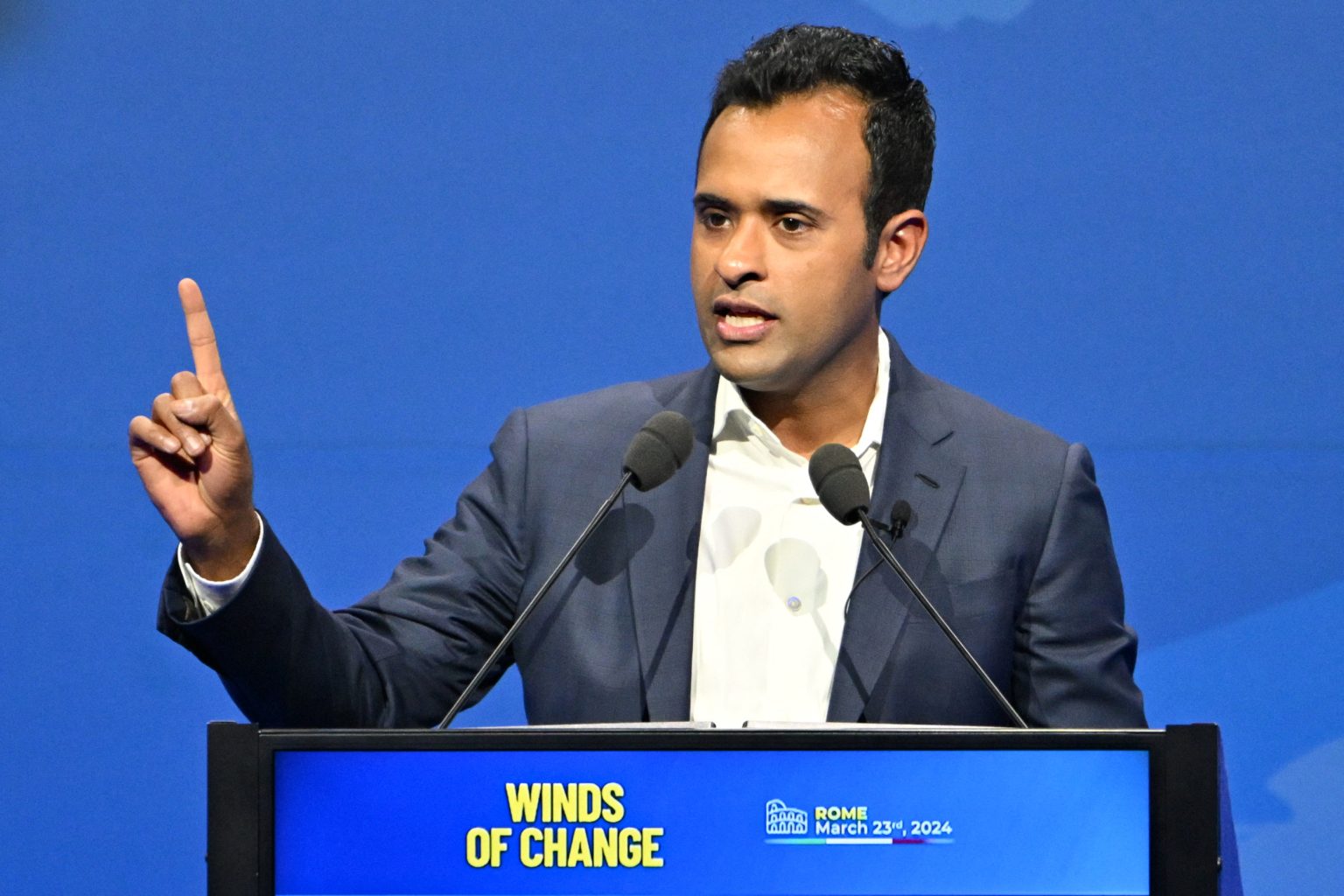Vivek Ramaswamy, a former Republican presidential candidate, is facing a lawsuit for allegedly using robocalling to contact voters during his campaign. A New Hampshire man, Thomas Grant, claims he received multiple pre-recorded calls on his cell phone without his consent and is seeking damages for each violation. Ramaswamy’s lawyer, Brodi J. Conover, has requested an emergency stay in order to fight the court order requiring the disclosure of the robodialing information by Friday. The court has given Ramaswamy until Friday to reveal the identity of the dialing company and provide other information to the plaintiffs.
The lawsuit alleges that Ramaswamy or his campaign team used pre-recorded calls featuring the entrepreneur’s voice to invite potential voters to participate in a “teleforum town hall.” These calls were made without obtaining consent from the recipients and connected them to the event if they stayed on the line or pressed a button on their phones. Grant claims he received multiple calls from Ramaswamy’s campaign between July and October 2023, and states that the calls were made “en masse” without his prior express consent. He is seeking damages for each violation under the Pre-recorded No Consent Class, with each violation potentially worth up to $1,500.
Ramaswamy, a pharmaceutical entrepreneur who later withdrew from the 2024 presidential race and endorsed Donald Trump, is now facing legal challenges over the alleged robocalling incident. His lawyer has argued that the information requested by the court is potentially First Amendment-protected political speech and has raised concerns about the speed at which Ramaswamy must comply with the court order. Conover claims that Ramaswamy had only recently appeared in the case and had filed a motion to dismiss based on lack of standing, failure to join the correct party, and failure to state a claim.
The court has given Ramaswamy until Friday to disclose the identity of the dialing company that was allegedly used for the robocalls, as well as other relevant information to the plaintiffs. The case has generated interest from legal experts and the public due to the implications for political speech and campaign practices. Grant’s lawsuit includes details of the robocalls he received, as well as complaints from other individuals who discussed similar calls on a reverse phone number lookup database. Ramaswamy’s legal team is working to fight the court order and protect his rights in the face of the allegations.
The case highlights the potential legal pitfalls for political candidates and campaigns in using robocalling as a communication tool with voters. The issue of consent and transparency in political messaging is at the center of the lawsuit, as individuals like Grant argue that their privacy rights were violated by receiving unsolicited calls from Ramaswamy’s campaign. The outcome of this case could have broader implications for how campaigns engage with voters and the regulations surrounding robocalling practices in political communication. Ramaswamy’s legal battle over the alleged robocalling incident is unfolding in the legal system, with potential consequences for his reputation and future political ambitions.


